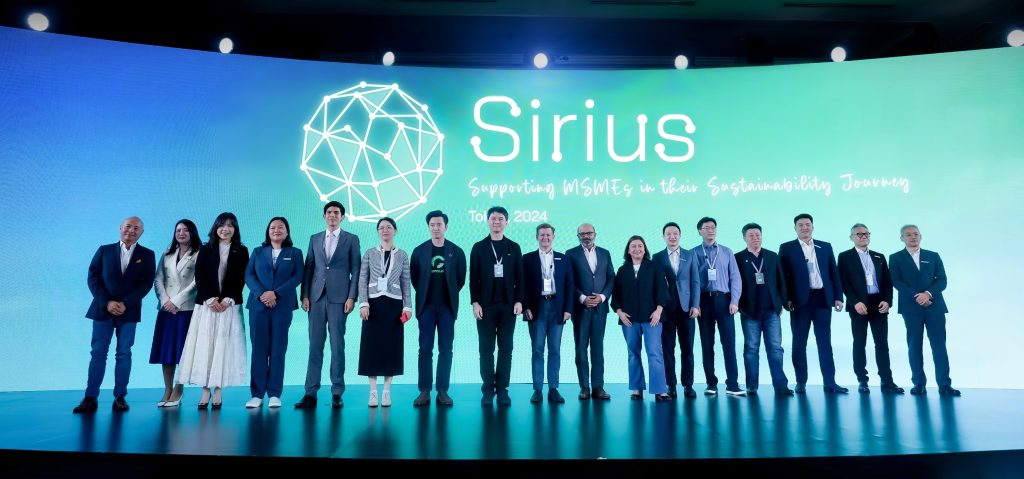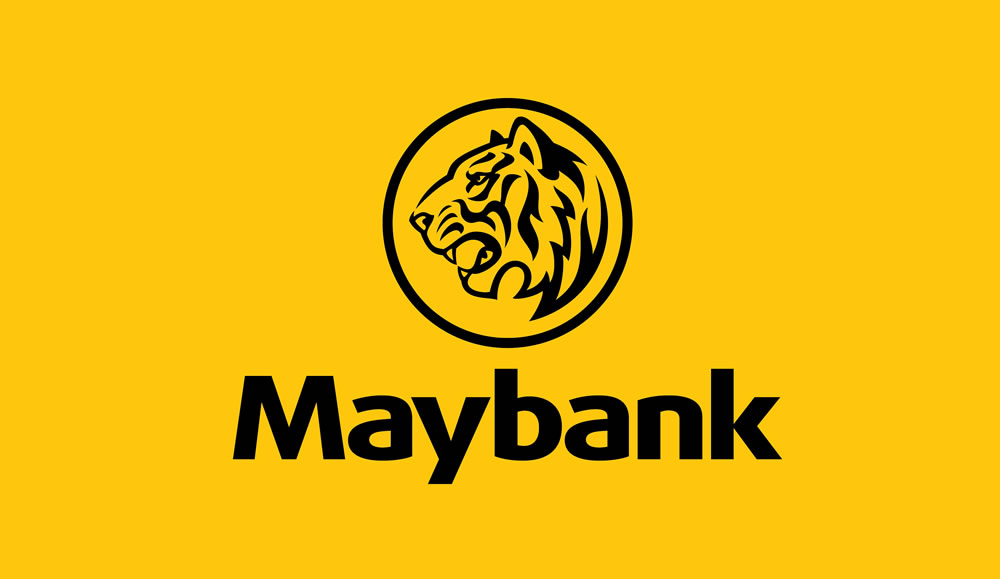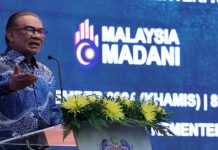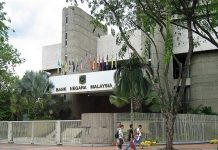Programme Sirius (Sustainability Innovation for Regenerative & Inclusive Purpose), supported by 13 Asia-Pacific fintech leaders at its inaugural launch, has been unveiled to empower MSMEs in their transition towards sustainability, in line with the United Nations Sustainable Development Goals.
Sirius is an industry-led knowledge initiative that aims to support MSMEs operating on digital platforms in their journey towards sustainability.
It will foster open industry dialogues where like-minded industry partners can exchange ideas on sustainability innovations and share best practices to support MSMEs on their sustainability journey, helping their transition into a low-carbon economy, advancing their accessibility to sustainability financing, and uplifting MSMEs with new growth opportunities.
International Finance Corporation (IFC), a member of the World Bank Group, will collaborate with Ant International to develop and promote a set of Digital Sustainability Impact Management Toolkits in the next two years.
These toolkits aim to empower MSMEs to adopt environmentally and socially friendly practices to improve MSMEs’ access to sustainable finance through digitalisation while driving the entire economy towards a low-carbon development path.
To support MSMEs in commencing their sustainability journeys, Gprnt, an initiative by the Monetary Authority of Singapore, will collaborate with Ant International to provide a technology-enabled reporting solution for MSMEs to embark on simplified sustainability disclosures against basic Environmental, Social and Governance (ESG) metrics.
Gprnt will further augment Programme Sirius by sharing how MSMEs can better harness data and technology to gain access to sustainable business, finance, and supply chain opportunities.
At the launch, 13 industry partners from 11 economies have committed to be part of Programme Sirius: AlipayHK (Hong Kong SAR, China), ANEXT Bank (Singapore), Bigpay (Malaysia), bKash (Bangladesh), DANA (Indonesia), GCash (the Philippines), Hipay (Mongolia), Kakao Pay (Republic of Korea), MPay (Macao SAR, China), TNG Digital (Malaysia), TossPay (Republic of Korea), TrueMoney (Thailand) and Zalopay (Vietnam).
Corporates and businesses today are under increasing pressure from regulators, financial institutions, and supply chain partners to disclose and track their sustainability performances. SMEs, which represent 90% of all businesses and 50% of employment worldwide, often lack the capability and data collection mechanisms needed for sustainability-related reporting.
Aas integral parts of larger firms’ supply chains, SMEs encounter even greater challenges. These include navigating the complex reporting landscape, a lack of resources and know-how for generating basic sustainability reports, and the high costs associated with technological solutions and consulting services to develop effective sustainability reporting frameworks.
With multinational companies aiming to curtail their carbon footprint and extending these expectations to their suppliers, local merchants could gain competitive edge by embracing sustainability.
To facilitate MSMEs, including those operating in digital channels, to transition towards sustainability, there is a great urgency to call for industry collaborative efforts and innovations to help in addressing these key areas of challenges.
“We always talk about financial and digital inclusion, but sustainability inclusion for MSMEs is becoming one of the most pressing challenges,” said Leiming Chen, chief sustainability officer, Ant International.
“As these merchants play an increasingly important role in the global and local economies, there is a need to provide them with the right mindset, knowledge, and resources to take climate action.
“Given the complexities of the task, ranging from taxonomy and governance framework to cost and education, it requires collective effort across public and private sectors, industries, and markets to drive this change.
“With our experience in innovation-led sustainability and MSME programs, Ant International is proud to join partners like the Gprnt and IFC, and other industry partners of the Programme Sirius like GCash to unlock opportunities for MSMEs as they transform to become more sustainable,” Leiming added.
“MSMEs are the backbone of the Asia-Pacific economy, accounting for more than 97 percent of its businesses and employing over half its workforce. Meanwhile, our region accounts for three-fifths of global emissions from power generation and includes many countries vulnerable to climate change,” said Christina Ongoma, upstream and advisory manager, financial institutions group, East Asia and the Pacific, IFC.
Sopnendu Mohanty, CFO, Monetary Authority of Singapore, said: “The widespread adoption of digital wallets and payment solutions makes them a key enabler for helping smaller businesses commence their sustainability journeys.
“Industry initiatives like Programme Sirius are important for the public and private sector to coordinate the tools, frameworks and technologies for smaller businesses to build their sustainability competencies as they transition into the green economy.
“The MAS is pleased to support Programme Sirius by leveraging its work on Project Savannah, which articulates a common starting point for MSMEs to report basic ESG information; and through the involvement of the newly established Gprnt platform, which harnesses technology and automation to simplify how MSMEs report such information.
“We look forward to Programme Sirius bringing together global financial institutions and payment providers, to collectively power more inclusive and sustainable growth for MSMEs around the world.”















